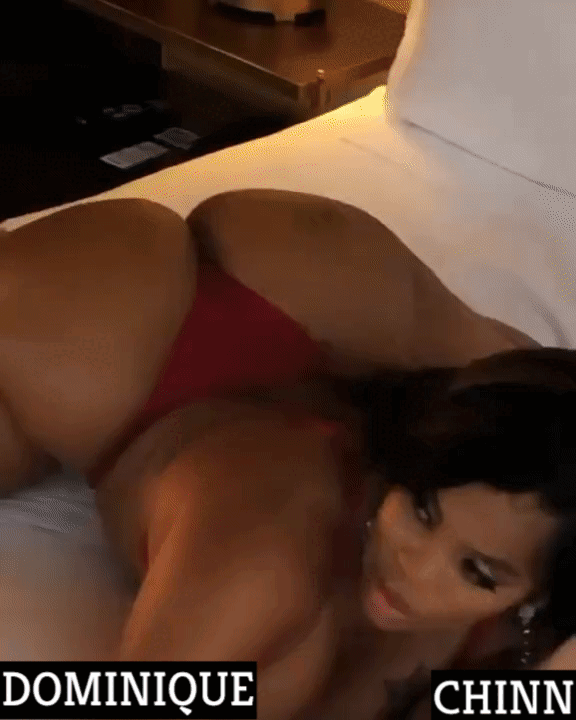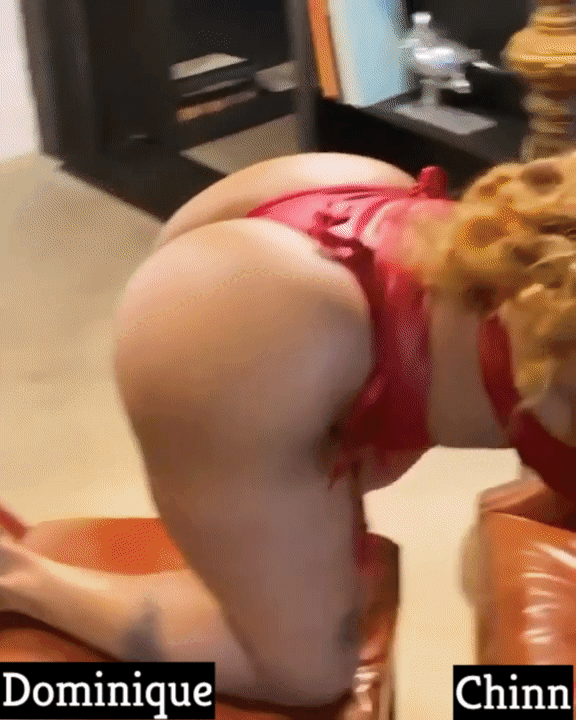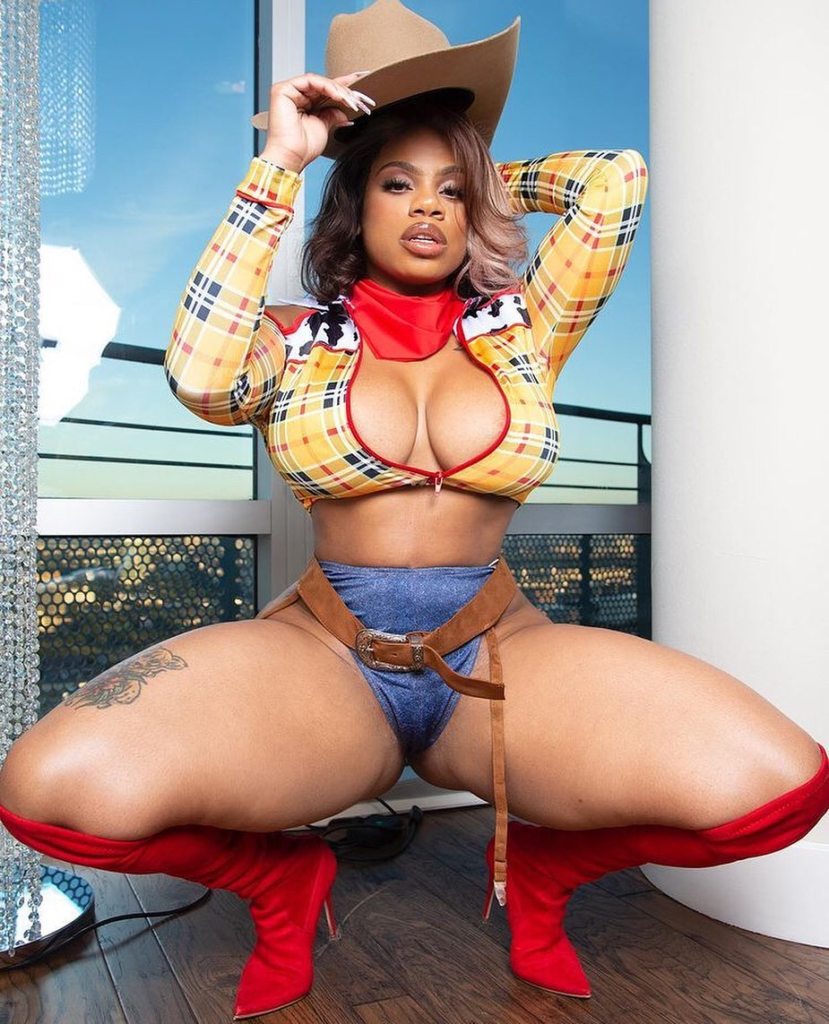cutting through all the bull, Dominique nnkeh nm ( nkeh m ) ( nkem ), the thing about Nigeria is that it seems that
the key elite,
the key leaders,
the key politicians,
the key business leaders,
the key affluent folks,
the key influential folks,
from the various ( over 250 ? ) tribes are in very serious competition against
key folks from all other tribes
except their own
and perhaps also
except those historically and culturally very close to their own


for the
control,
ownership and
utilisation
of the
financial resources,
monetary resources,
economic resources,
mineral resources,
natural resources
and all other assets
( .. including human resources .. )
of Nigeria.




it is important to note, Dominique ohbee nm ( obi m ) ( obim), that, very clearly, there is really nothing wrong with competition.
especially where it is managed / co-ordinated well and properly.
competition removes complacency, stagnation and lackadaisical-ness.
competition brings out the best in the competitors and generally moves things forwards.
that is if and when and where it is .. one way or the other .. managed well.



however,
if , when and where it is not managed properly, it tends to become a negative thing and to bring out the worst tendencies in .. some or many or all of .. the emergent dominators.
Dominique nnmah nm ( nmah m ) ( nmam ), if one takes a look at life / nature from the very basics, it becomes self-evident that
nature itself has built competition into existence and
if you look, lucidly, at
nature ..
life ..
plants ..
animals ..
it comes through that
competition for survival
is an integral component of existence in nature.

and one thing that also comes through is that nature seems to make
competition / the struggle to survive
? brutal,
? heart-less and
? vicious
in many instances.
for example,
the lion and the tiger must hunt, kill and eat other animals in order to survive.
if they don’t hunt or kill or eat meat from other animals, they will die.

plants need water to survive.
if you take your favourite flower and
go and plant it in the horrid and horrible deserts of Dubai and Saudi Arabia, it will die due to a lack of water.
that’s nature.
and life is nature. isn’t it ?
and nature is life. isn’t it ?
so if human-beings .. whether USA Citizens or Nigeria Citizens .. are engaging in competition, they are just being creatures within nature
i.e they are just acting within the framework of the programming that nature has built-in into them.


the questions are :
(1) are human-beings mere brute animals ?
(2) is a human-being approximately equal, to all intents and purposes, to a brute lion, a brute tiger or a goat or an antelope ?
if, for purposes of example, a USA President Donald Trump wants to compete against China, is it appropriate for him to seek to stop Tik-Tok ?
especially given the array of apps used world-wide that are linked to the USA ?
if a USA Presidential Candidate Donald Trump is seeking the USA Presidency, is it appropriate for him to comport himself in such a manner that he will be accused of rigging the elections ? or of liasing with Russia? to use cyber-technology to alter/rig the voting results ?
it’s all survival, isn’t it ?
it’s all competition, isn’t it ?
and only the strongest survive. not so ?
and only the best/better/more predatory competitor wins. not so ?
so what is the problem ?
so where is the problem ?


it would seem that to the extent that
USA Citizens or Nigeria Citizens
are not brute, cerebrally deficient animals
there is a need for them
to exhibit
some measure of pragmatic, rational thinking in their actions and activities.
and perhaps also, to avoid show-casing the negative aspects of their make-up / nature.
a situation where, for instance, a ruler is ruling Nigeria and a look at his/her personnel of governance shows that he/she does not take an all-tribes-inclusive approach in bringing people into office
… which seems to be more or less the pattern of governance of all rulers of Nigeria historically except perhaps for :

(1) the General Ibrahim Babangida Military Presidency of Nigeria ( 1985 to 1993 )
(2) the Alhaji Shehu Shagari Civilian Presidency of Nigeria ( 1979 – 1983 )
(3) the Alhaji Abubakar Tafewa Balewa Civilian PrimeMinister-ship of Nigeria ( 1960 – 1966 ) …
is bound to create fears in all the other tribes who feel that they have been excluded from governance
as they will remain convinced within themselves that they have no one in key governance to defend their interests when issues concerning them come up
or to present their views, challenges and problems honestly and fairly in front of key governance and key decision-making
and may thus lead,
invariably and frequently,
to
directly related un-rests
and
other un-rests camouflaged? as being initiated by some other triggers although in actual fact they have the same causative factors
as has been the case in Nigeria.
Dominique nnmaah nm ( nmah m ) ( nma m ), the thing about making commentaries in the public space
.. including the international blogosphere ..
is that one owes one’s self a duty to ensure that
as much as possible
his/her comments are factually correct
or at least
as close to factual correctness as possible
especially
given the range / reach of the global i.e international blog-o-sphere
and
the combative nature of a lot of folks linked directly or indirectly to the blogosphere worldwide.

so we might need to check if that perception stated above regarding :
[A.1] the inclusive-of-all-tribes nature of the
Alhaji (Sir) Abubakar Tafewa Balewa Civilian Democratic Government of Nigeria
is factual or close to factual
[A.2] the inclusive-of-all-tribes nature of the
Alhaji Shehu Shagari Civilian Democratic Federal Government of Nigeria
is factual or close to factual
[A.3] the inclusive-of-all-tribes nature of the
General Ibrahim Babangida Armed Forces Federal Government of Nigeria
is factual or close to factual
and whether other Administrations e.g
[B.1] the General Aguiyi Ironsi Military Government
( for a few months .. 3? or 4? months .. in 1966 )
had an inclusive-of-all-tribes nature
[B.2] the General Jack Yakubu Gowon Military Government
( 1967? to 1975 )
had an inclusive-of-all-tribes nature
[B.3] the General Murtala Ramat Mohammed Military Government
( 1975 to 1976 )
had an inclusive-of-all-tribes nature
[B.4] the General Olusegun Obasanjo Military Government
( 1976 – 1979 )
had an inclusive-of-all-tribes nature
[B.5] etc, etc i.e whether all other Administrations had an inclusive-of-all-tribes nature
and also at

[C] when exactly the perception began to emerge
in the general Nigeria public space
among the ordinary citizenry that
some National Administrators and their Administrative machinery were
appointing mainly ( i.e 90% to 99% ) persons of their own tribe
and persons of tribes closely affiliated culturally and historically to their own tribe
into key offices of national and federal governance.
as you can surmise,
Dominique Chinn ormahleechar nm ( omalicha m ) ( omalicham ),
that exercise in itself can take some time and bog you down in research?
and can yield information and data to write quite a book or two.
so, i guess it is something you should only do if
you have the time
and
you also have a resolute dedication to un-earth-ing the relevant facts
in this instance.
the point, however,
before we lose sight of it
in all that verbosity and verbose-ness
is
is it impossible to say,
for a start,
OK, i am the ruler, so let 60% of governance positions be from my own tribe while i share the remaining 40% equally? among the other tribes ???

Dominique ormahleechar nm ( omalicha m ) ( omalicham ), such an arrangement, very clearly, is bound to allay fears to some degree in all the other tribes who are feeling or have been feeling that they have been excluded from governance
and may clearly pre-empt / prempt or prevent
un-rests arising out of grievances over non-inclusion in i.e exclusion from the governance of Nigeria.

the un-challenge-able reality, cutting through all the
individual tribe grand-standing
and
individual tribe image-laundering,
is that
there is no tribe in Nigeria that is not guilty of some measure of nepotism and some measure of favouring their own tribe members over folks from other tribes.
Ibo / Igbo, Yoruba, Hausa, Fulani, etc … they are all guilty of it to some extent.

so any one pointing fingers at others should also take a look at his/her own tribe and see if his/her tribe has displayed nepotism at any time ?
the reality is that across and around the world human-beings will always like and have some empathy for their own.
the challenge and the pragmatic way forward is not to allow that love or liking for one’s own to degenerate to
❌?racism against other races
❌?tribalism against other tribes
❌?nepotism against other folks
❌?xenophobia against other peoples.
in the instance of Nigeria,
if our fore-fathers and elders made mistakes
that caused

? enmity,
? hatred,
? divisions and
? dis-likes
amongst us,

❓❓must we continue to add to those mistakes ?

❓❓must we continue to make things bad ?

❓❓must we make things as bad as they were before?

❓❓must we make things worse than they were before ?

❓❓can we not start somewhere somehow
and
try to make Nigeria a
better and fairer place for
all Nigerians irrespective of tribe ?????????

[ TO BE CONTINUED ……… ]





The real value of the Danzon and Kim study lies not in its specific findings relating to cardiovascular drug prices, but rather in its approach to making international drug price comparisons generic 5mg cialis best price